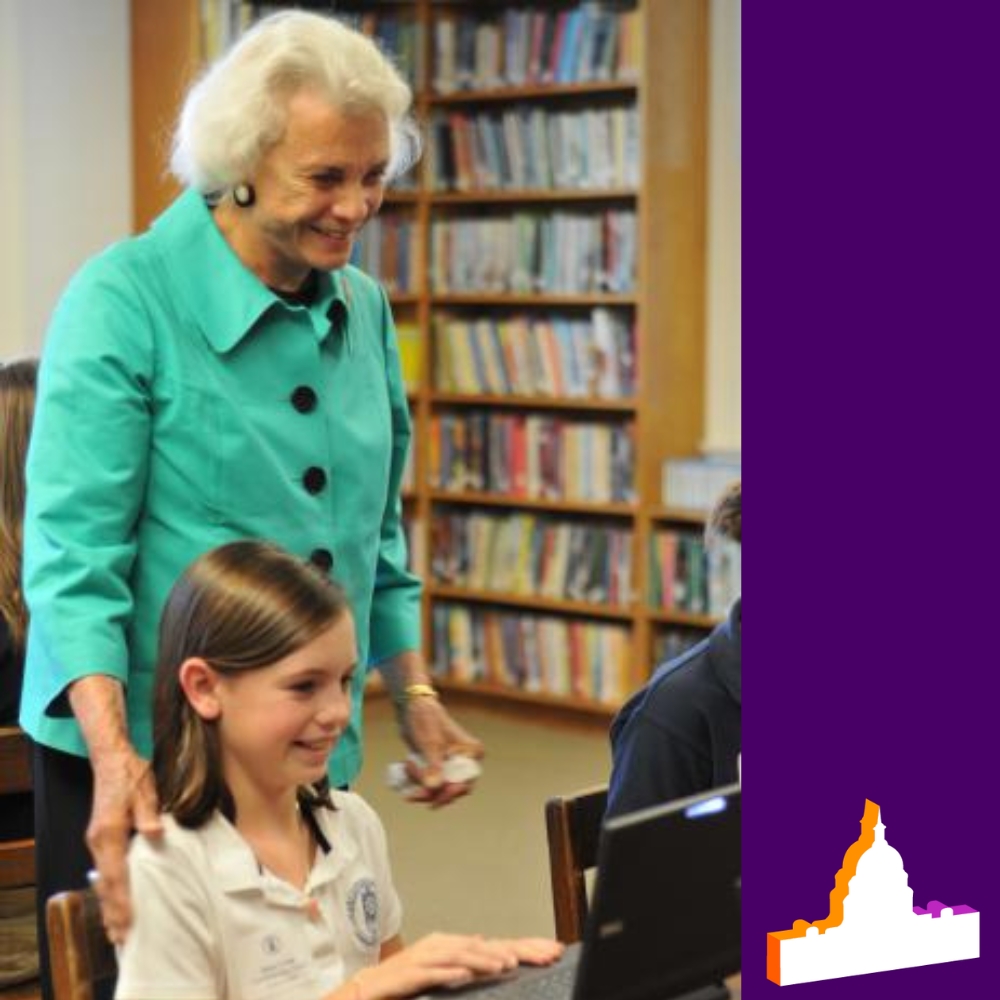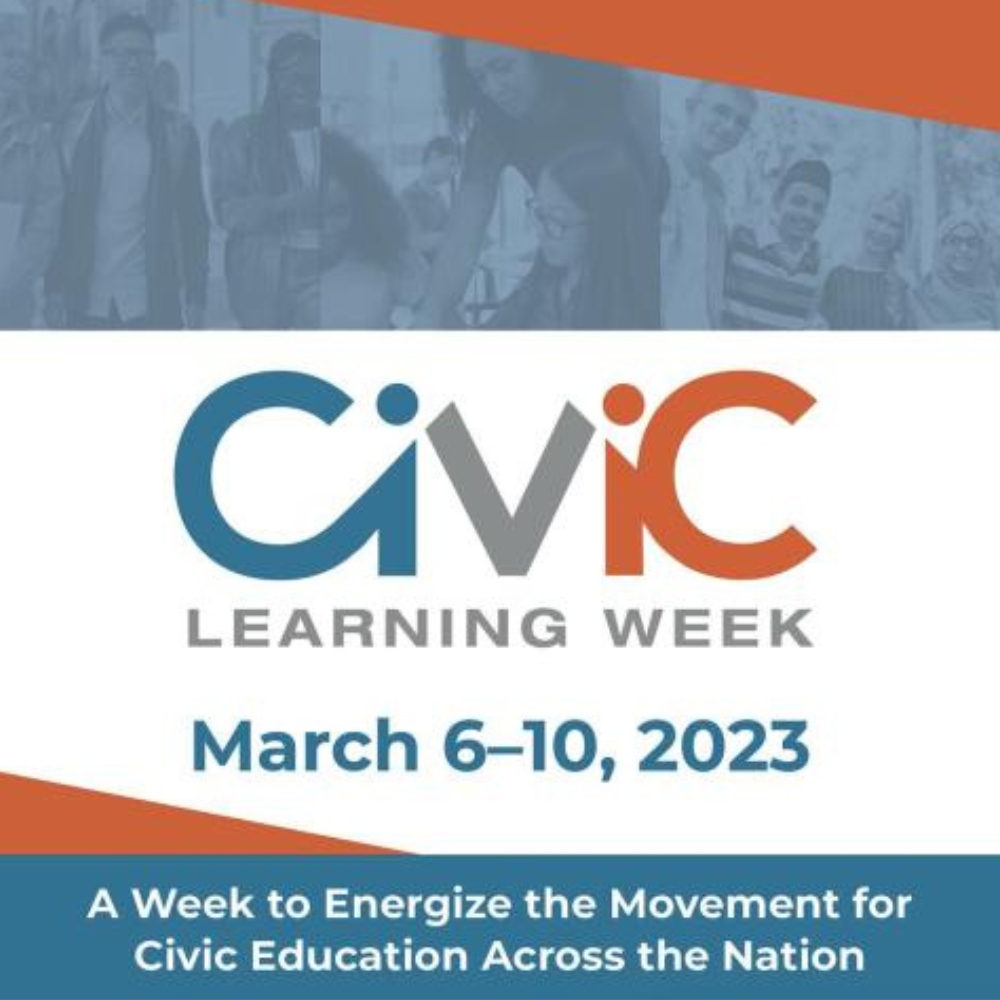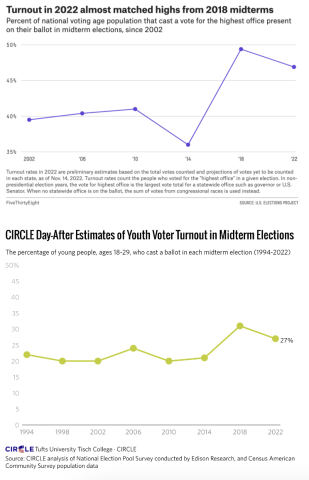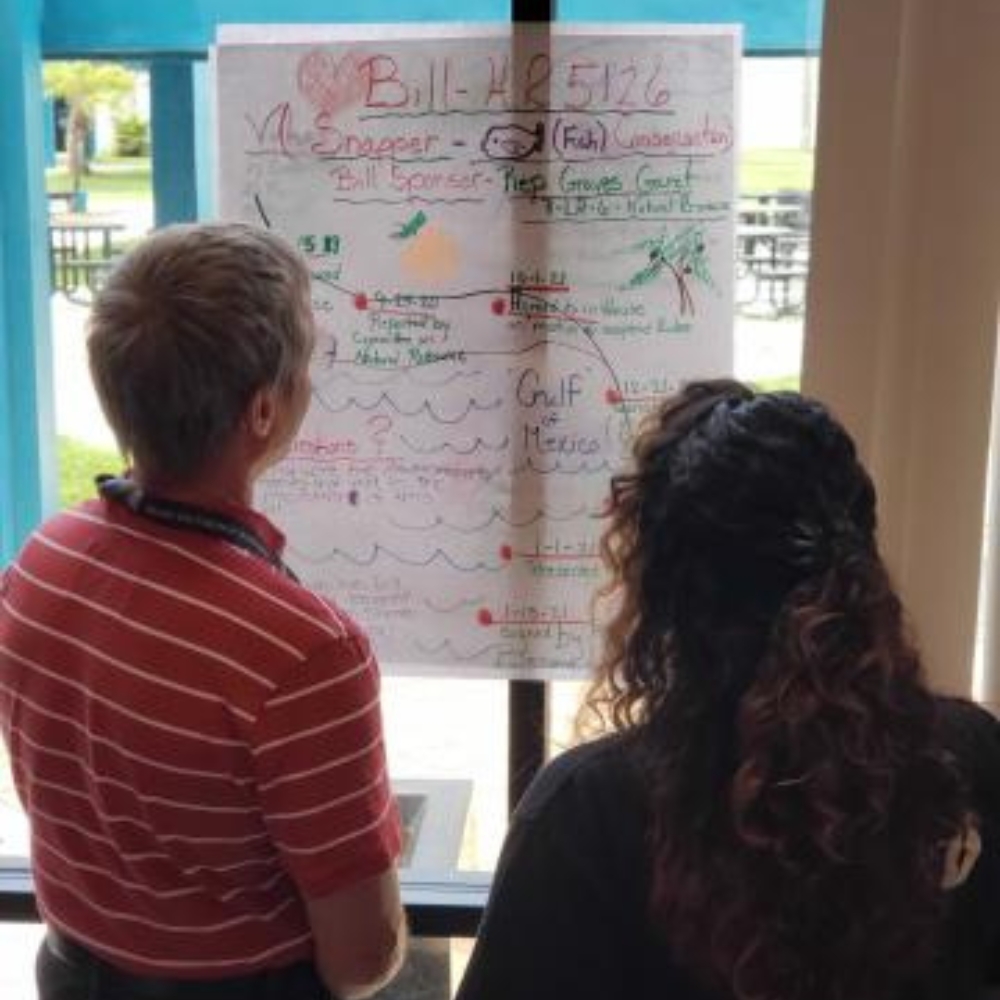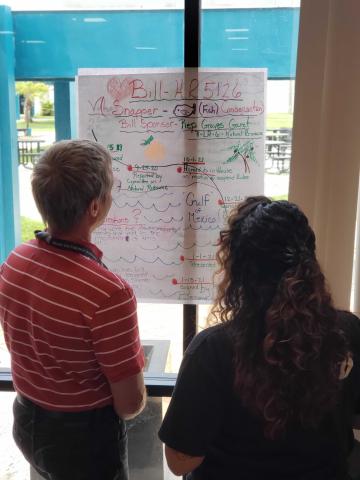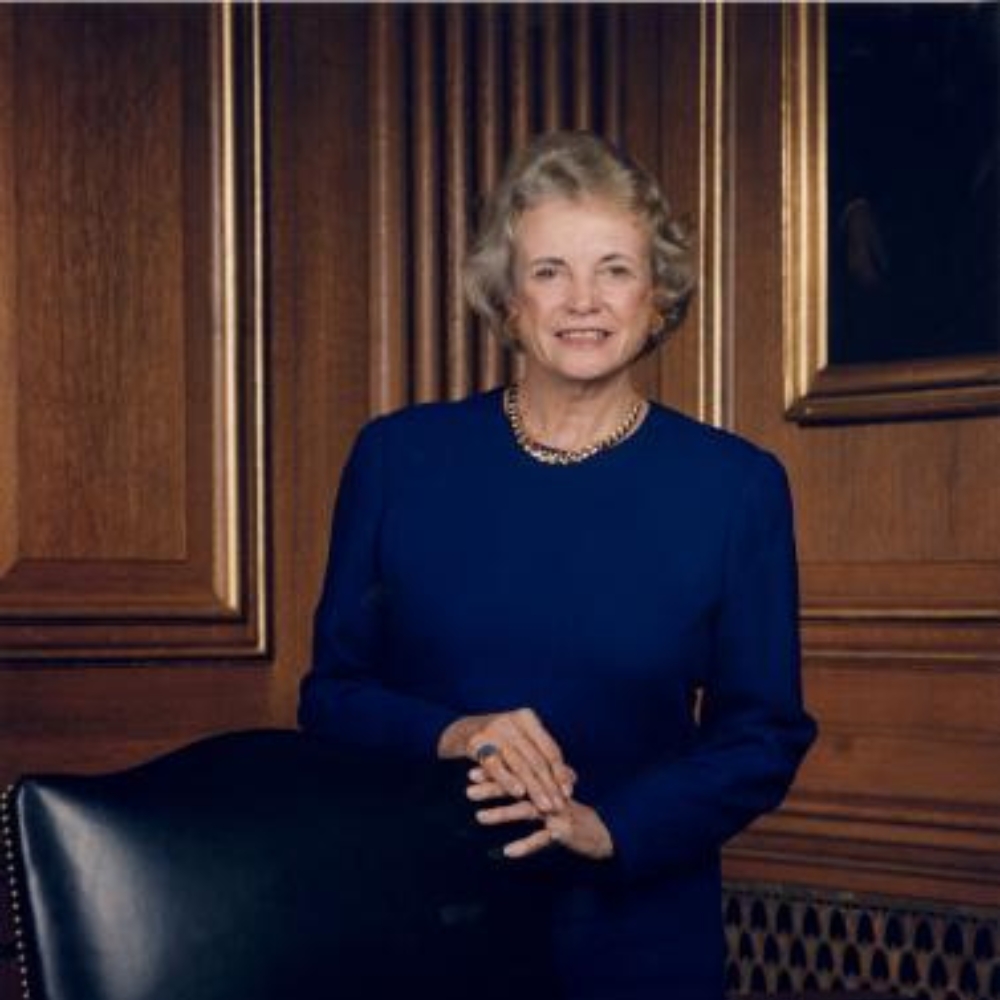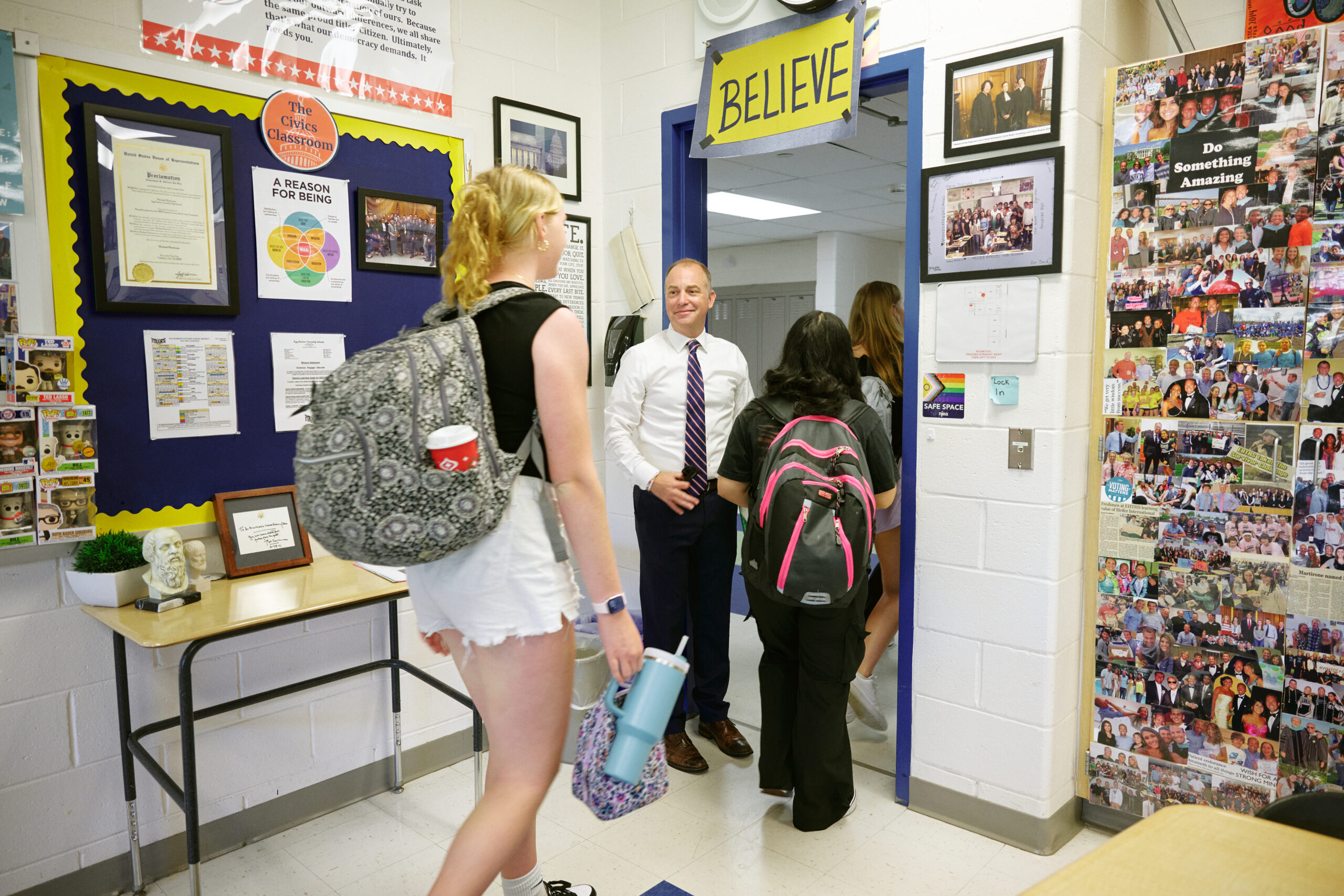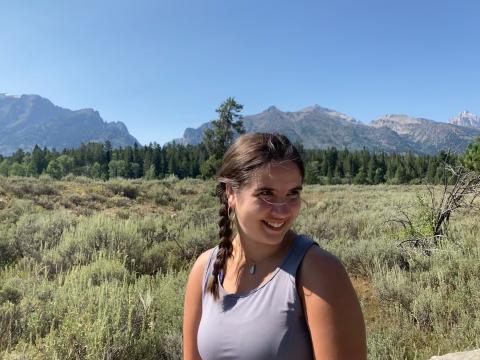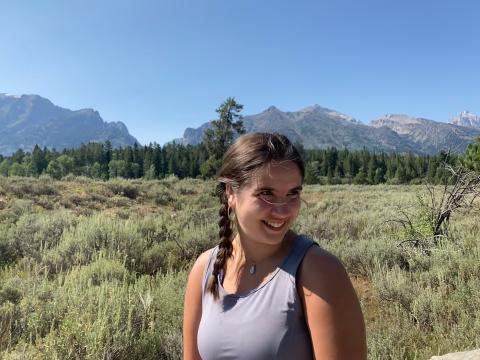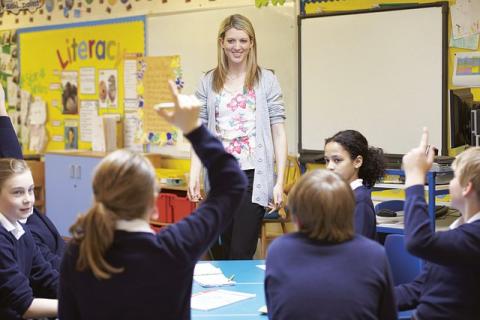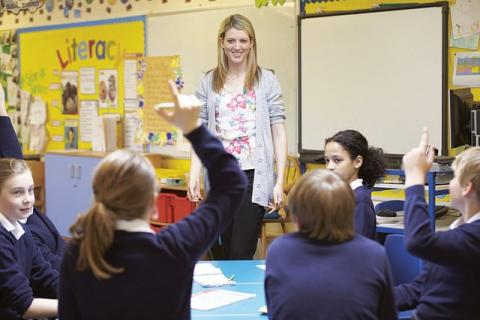by Louise Dubé, Chief Executive Officer, iCivics
In 2014, I met with Sandra Day O’Connor for dinner at a restaurant in Washington, DC, to interview for the position of executive director of her nonprofit iCivics. I barely got a word in between interruptions from other diners who wanted to shake her hand, tell her a story, or take a picture with her. When dessert was served, the Justice was clear in articulating my marching order: “Louise, we need to be in all 50 states.”
I have been working to make her vision a reality ever since.
When we met that day, iCivics was just past its startup phase. Today, up to 145,000 educators and 9 million students use iCivics resources every year. We now provide professional learning to educators to support their practice in all 50 states. And, we are working to advance bipartisan legislation on both the national and state level that supports civic education through CivXNow, a coalition that iCivics founded that includes more than 300 organizations from across the viewpoint spectrum.
Justice O’Connor was a true leader. Beginning in 2006, she was determined to “crack” civics, to reimagine how we teach a “boring” class in new and exciting ways, and to ignite the passion of young people to become involved in our constitutional democracy. Her determination, devotion to high quality, and find common ground continue to animate iCivics’ work.
She was not just a luminary, but unique in her ability to drive change and follow through on her passions.
Many important and famous people have started initiatives that have not succeeded. iCivics has grown and flourished because she spent time listening to the customers—educators and students and their families—to find out what they needed. She hired educators to work on curriculum development. She built products that were easy to use, engaging to students, did not require a lot of preparation time, and closely aligned to the state educational standards. That is iCivics’ recipe for success.
And she did this because she cared not just about this country but about the very people that make up our nation.
Justice O’Connor saw into the future. She lived and worked within institutions her whole life. Yet much of her time was spent outside of these institutions, forging personal friendships and building trust. She knew that the formal was not sufficient. Institutions are nothing without people, without those who bring to bear the very norms, beliefs, rules, and behaviors that make institutions function well. Justice O’Connor understood that our country’s institutions cannot survive without support from “We the People.”
Civic education is an investment in developing the knowledge, skills, and dispositions of a citizen so that they can both understand how our system functions and hold it accountable. Justice O’Connor understood that schools are the best way to ensure we reach each and every student in the United States in order to sustain and strengthen our constitutional democracy.
To this day, iCivics’ culture is a reflection of Justice O’Connor’s determination and commitment.
I came to iCivics to honor the legacy of a woman who pioneered the way forward for professional women. As she said, “It was good to be the first, but you did not want to be the last.”
I feel an obligation to ensure that the contribution of the women from a generation prior to mine is understood, honored, and respected. My mother had an eerily similar story to Justice O’Connor’s. She was the second woman Supreme Court Justice in Canada. Also like Justice O’Connor, my mother could not get hired out of law school and ended up posting an ad in the newspaper.
But both women persevered and did not let the conventions of their time get in the way of their talent and wisdom. They are superwomen, and we owe them a debt of gratitude.
Shortly before she died, I was deeply honored to speak with Justice O’Connor one last time. I assured her that iCivics was successful and that her vision is now a reality.
We will miss you, Justice O’Connor, but we continue to be animated by your vision.
Thank you for your service.

